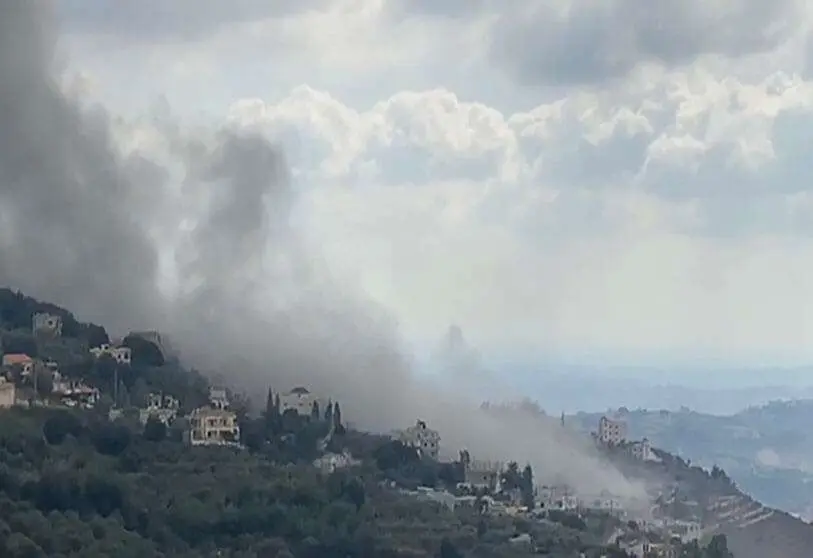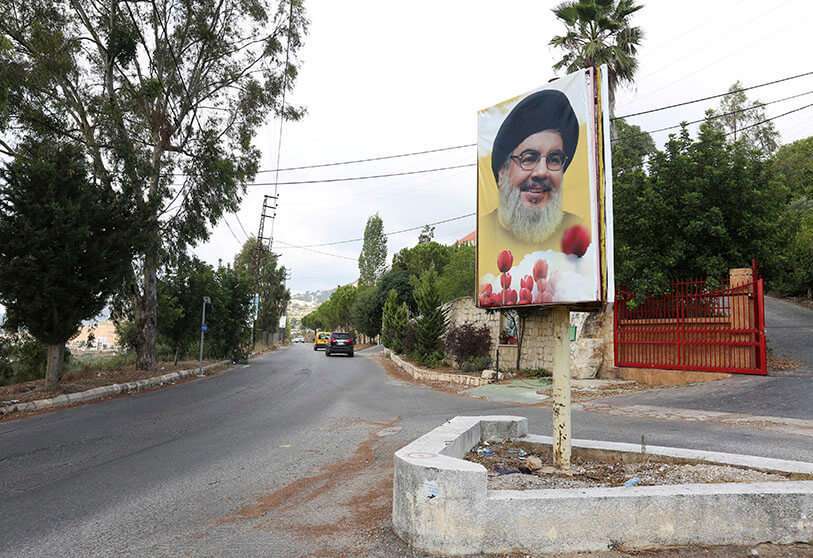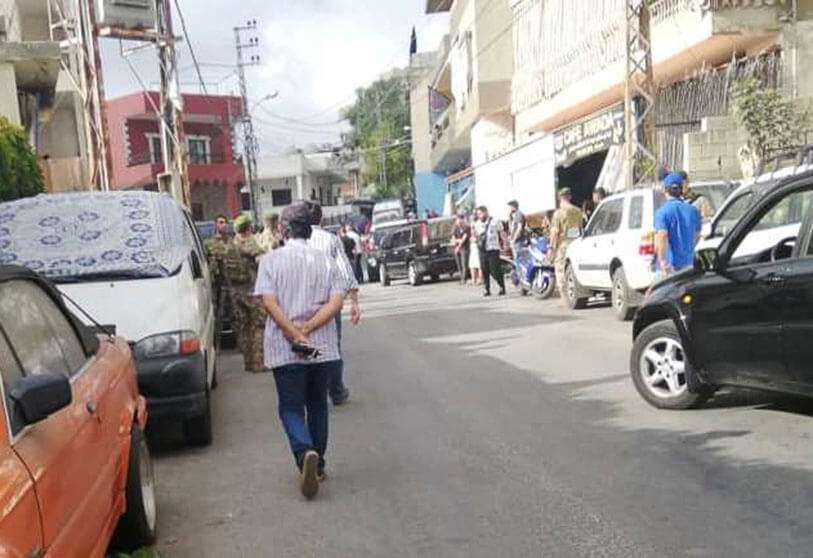Hezbollah arms depot explodes in Lebanon

A shipment of weapons belonging to the Shia formation of Hezbollah, which has close ties to the Islamic Republic of Iran, exploded in Lebanon on Tuesday due to a technical storage failure, a source close to the events told Reuters.
The event took place in the town of Ain Qana, located in the south of Lebanese territory and close to the port city of Sidon, and left various material damages and a thick cloud of smoke that was visible several kilometres away from where the deflagration occurred exactly. Initial reports have not detailed people injured or affected by the outbreak.
A member of the Lebanese entity of Hezbollah himself confirmed the existence of the explosion, without providing further details. Little more could be learned from the environment of the Shiite group, which quickly took control of the area to prevent information leaking to the media. Meanwhile, the local radio station Al-Jadeed broadcast television images showing the damage caused to the area's infrastructure.

This worrying and disturbing outbreak comes seven weeks after the very serious multiple explosion that took place in the port of Beirut, caused by the detonation of almost 3,000 tonnes of ammonium nitrate kept in inappropriate conditions for this type of material.
The explosion killed more than 190 people, injured 6,500, left more than 300,000 homeless and caused significant damage to tens of thousands of buildings in the Lebanese capital. It is still unclear what caused the initial fire that ended up triggering the chemical explosion and so far no one has been held responsible. Two days after the disaster, the Lebanese authorities announced the arrest of 16 people; in addition to those arrested, an undetermined number were also under investigation. Among those arrested were several senior officials of the Beirut port authority because of their alleged responsibility for the storage and poor maintenance of the cargo held.
The subsequent investigation pointed out that the main hypothesis was that the 3,000 tonnes of ammonium nitrate that had been accumulating for six years in one of the warehouses in the port of Beirut had been burnt due to the precarious security conditions on the site.

To this must be added the four fires that have occurred in the south of the capital in the last two weeks, the last one allegedly originating in a paint factory. In addition, the firework cache found in the port of Beirut four days ago.
Hezbollah is once again in the spotlight owing to its possession of weapons in large quantities and its well-known links to the Iranian regime, which has been singled out by much of the international community as a threat to the security of the Middle East owing to its confrontational attitude, its links with belligerent countries such as Turkey and Qatar and its doubts about the development of its nuclear programme supposedly linked to its arms industry. Many analysts agree in pointing to Hezbollah as an agent serving the interests of the ayatollahs' regime in order to interfere in the internal affairs of the Lebanese state.








